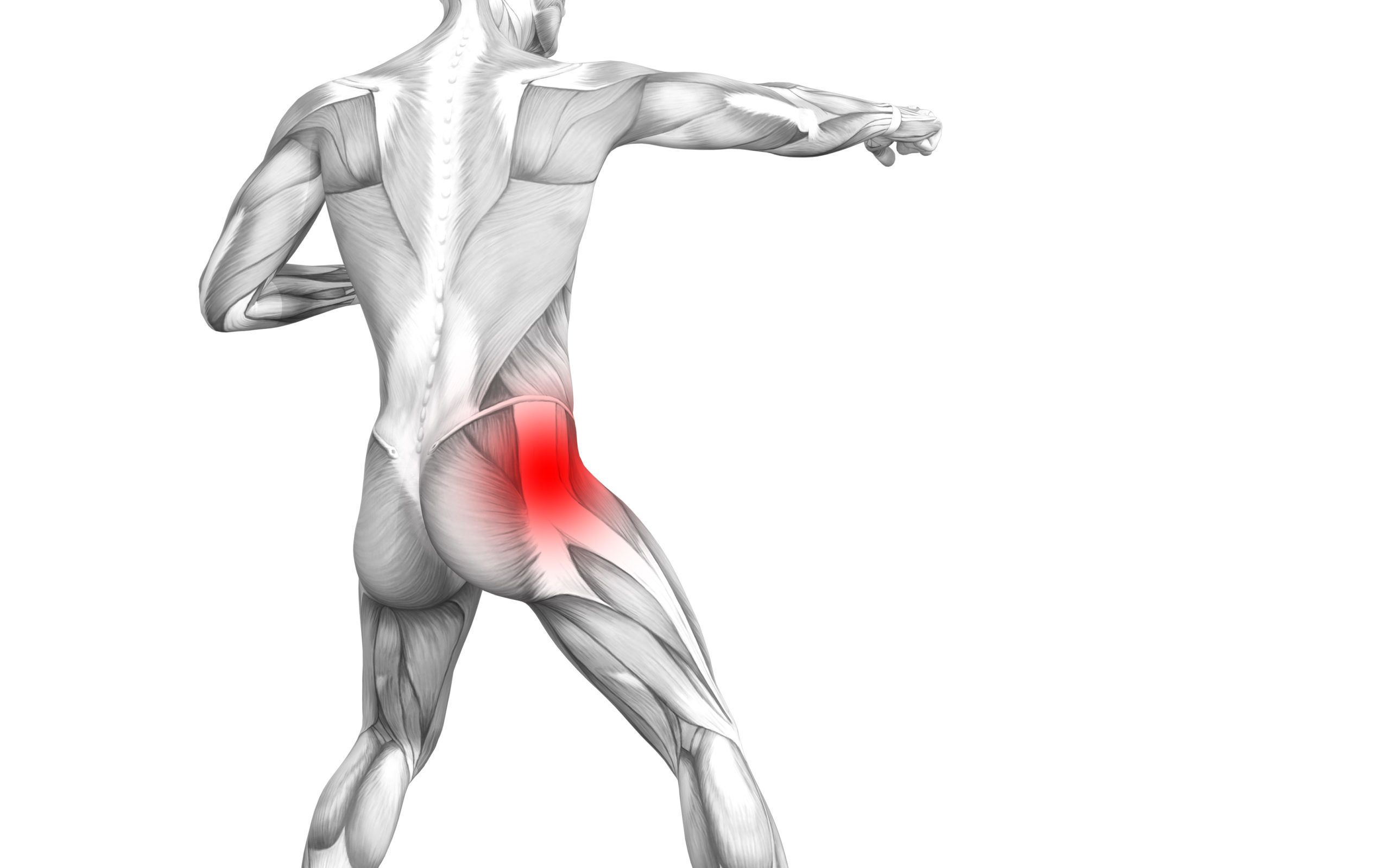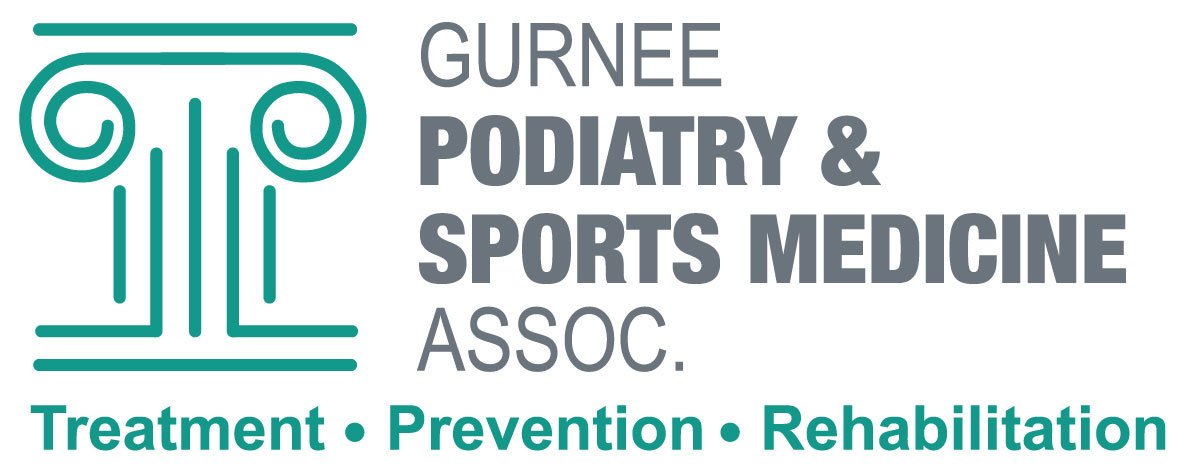The piriformis is a large hip muscle which is an outward/external rotator of the leg. It sits horizontally in your gluteal area on each side. It traditionally sits over the sciatic nerve that runs down the middle of your buttocks and goes into your thigh and lower leg.

What is Piriformis Syndrome?
Piriformis Syndrome is a condition that puts stress on the muscle that runs horizontally in the central area of the buttocks. Because piriformis muscle sits on top of the sciatic nerve it may place strain on it like a “tight strap”. If the muscle is abnormally tight it can press on the nerve and produce “sciatica” like nerve pains down the leg.
Tightness of the muscle, a leg length difference, and a pronated foot are common denominators for this injury. Simple conservative care will easily improve this problem when addressing all the causes of the problem.
How do I get Piriformis Syndrome?
There are a few common reasons why patients will experience piriformis syndrome,
1. Over pronation of the foot causing an internal rotation of the leg which stresses the muscle.
2. Tightness in this external hip rotation muscle itself.
3. Leg length differences which typically occurs on the longer functioning leg.
Piriformis Syndrome Signs & Symptoms
Generally, there's an ache in the buttocks as well as a possible sharp, shooting, burning or tingling pain that stays in the buttocks area and may travel down to the back of the thigh. It less often creates the electricity like pain all the way down to your foot. The muscle will be very sore with massage or with palpation.
How to Heal Piriformis Syndrome Quickly
Correcting faulty foot mechanics is a must, putting a lift under the shorter functioning side, stretching, massage, and reduction of some activities typically works well. If that fails chiropractic care, or evaluation with X-ray, MRI, or spine specialist may be needed to rule out pain coming from the spine.
Contact Podiatry & Sport Medicine Associates
If you feel you are experiencing pain due to Piriformis Syndrome, contact our Chicago podiatry practice today.
